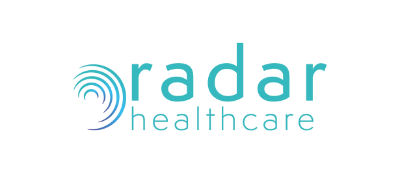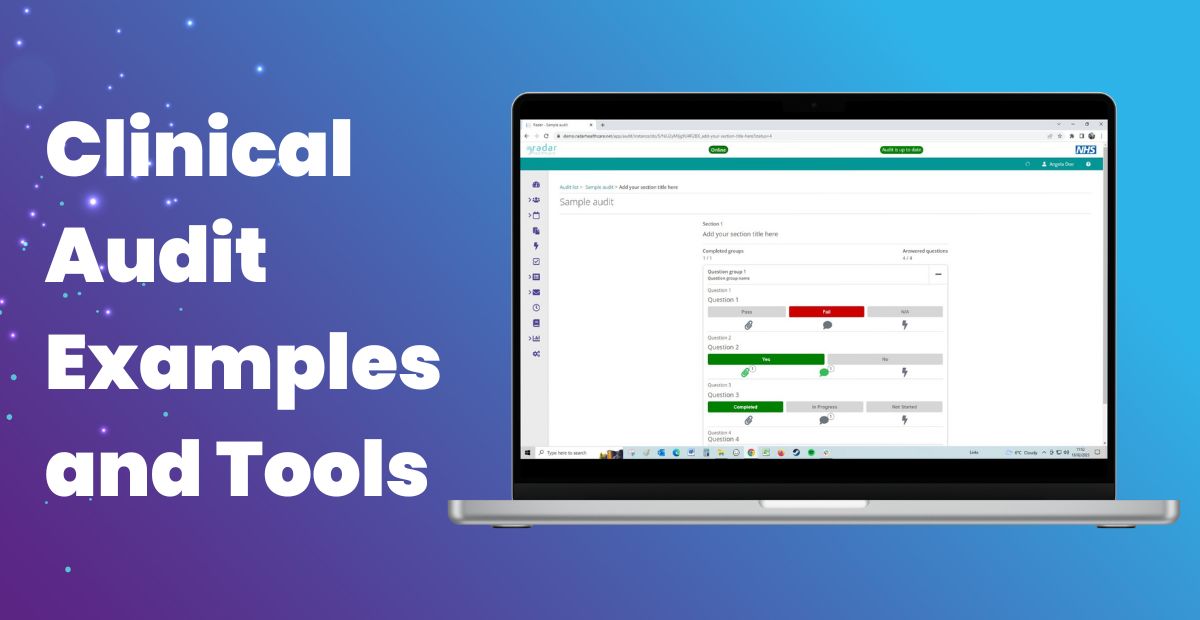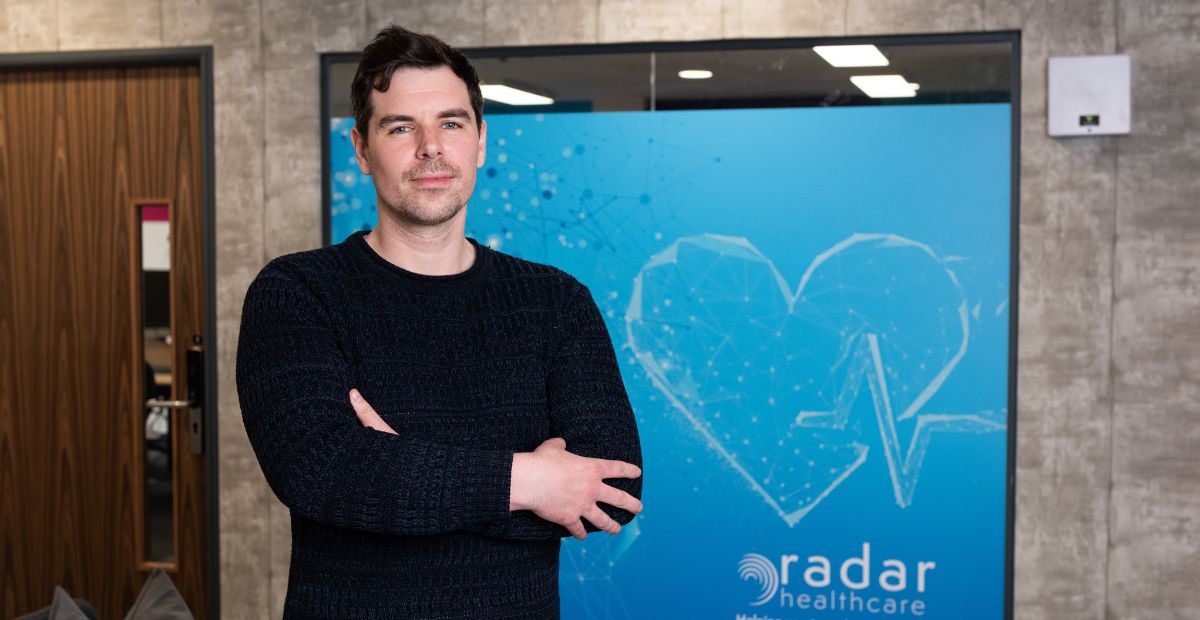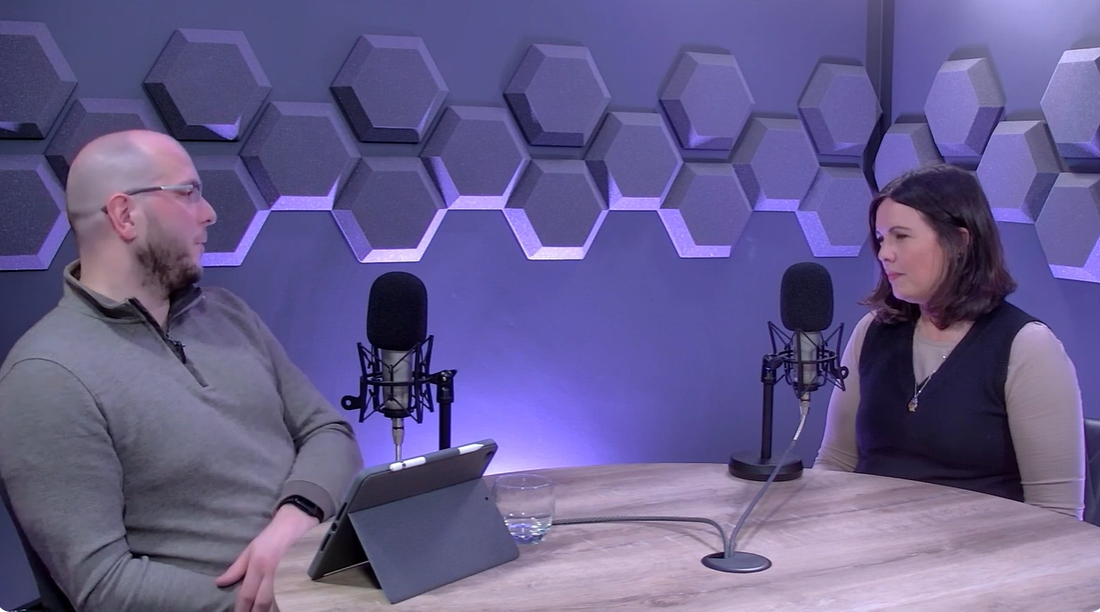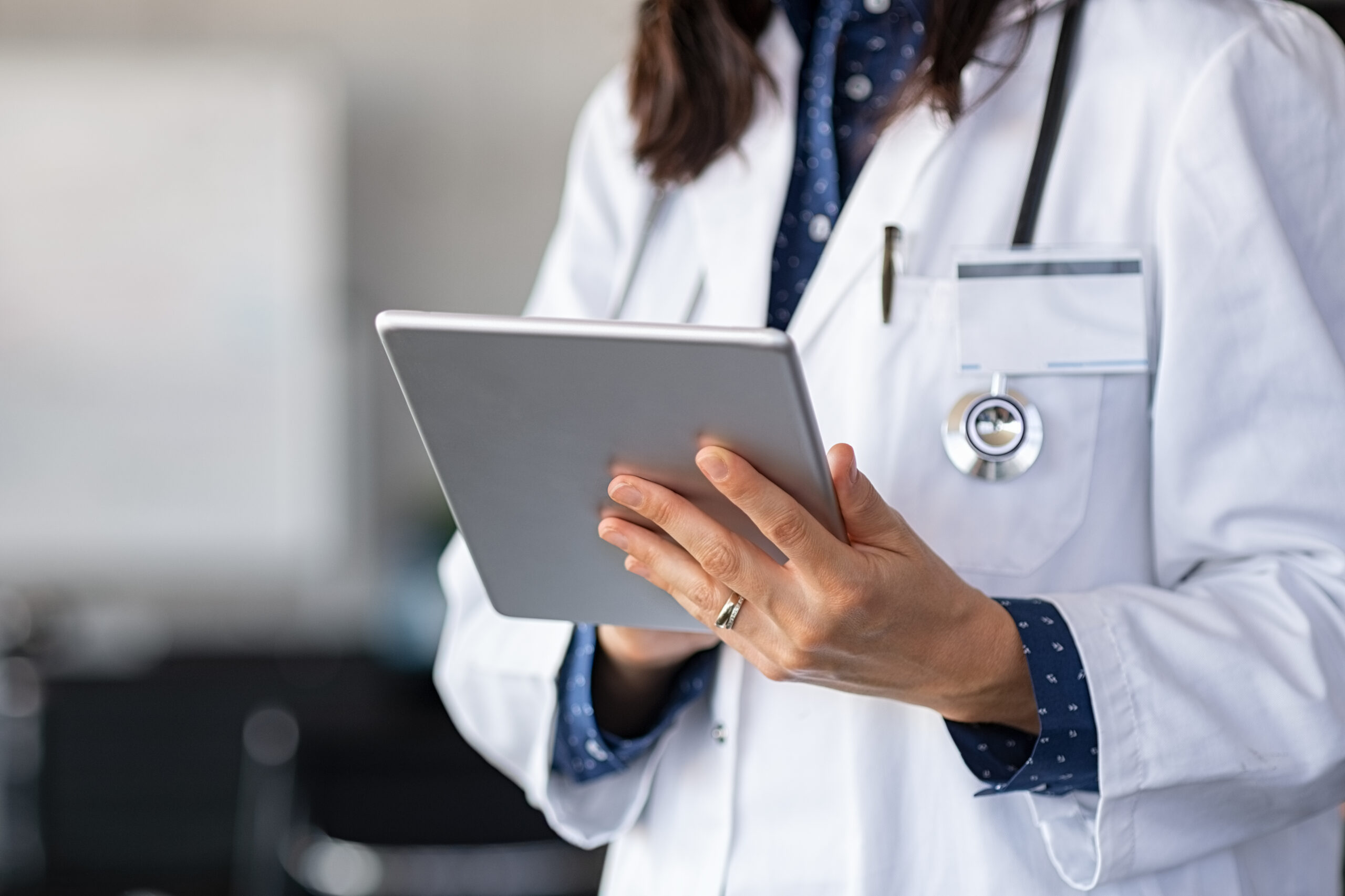Radar Healthcare's Solutions for Clinical Governance: Enhancing Patient Safety and Quality
04 July 2023
Tags:
What is Clinical Governance? Everything You Need to Know
Clinical Governance is a framework designed to maintain and improve the quality of patient care within healthcare systems. It is fundamental in ensuring that healthcare services are delivered effectively, safely, and efficiently. The concept encompasses various practices aimed at enhancing patient outcomes and fostering a culture of continuous improvement.
Key Elements of Clinical Governance Include:
🔍Accountability: Ensuring that all individuals and teams are responsible for the quality of care they provide.
🌐Transparency: Openly sharing information and outcomes to foster trust and continuous improvement.
🛡️Patient Safety: Implementing strategies to minimize errors and adverse events.
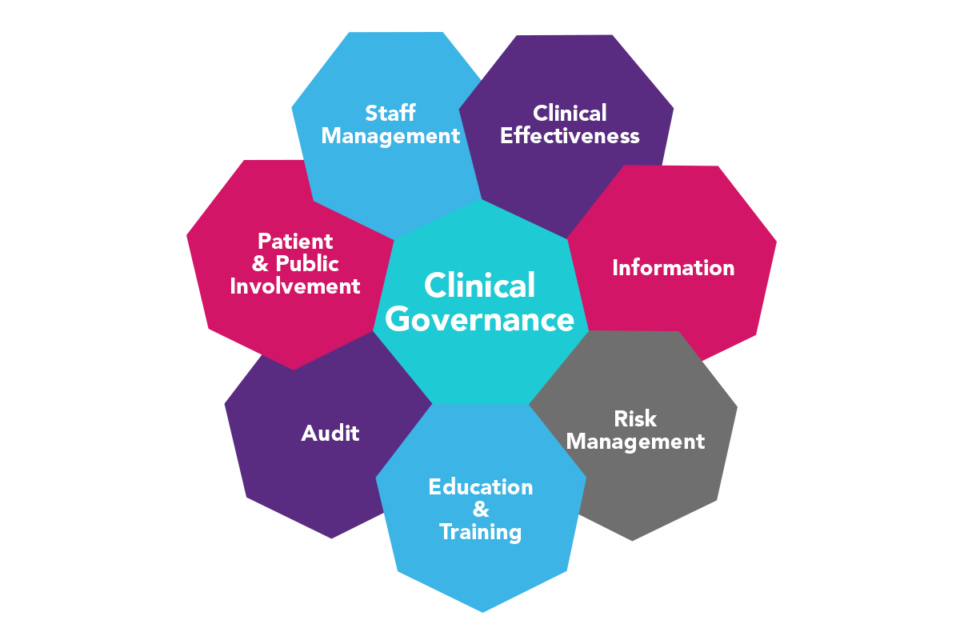
The 7 Pillars of Clinical Governance
1️⃣Clinical Effectiveness
📚Definition: Ensuring that clinical treatments and interventions lead to the best possible outcomes for patients.
📑Practices:
-
- Evidence-Based Practices: Implement and adhere to clinical guidelines and best practices.
- Outcome Monitoring: Regularly review clinical outcomes to ensure they meet desired standards.
- Continuous Improvement: Use feedback and research to refine and enhance clinical practices.
👨💻Radar Healthcare’s Role: Our platform provides tools for clinical audits, outcome tracking, and data analysis, helping organisations measure effectiveness and integrate improvements.
2️⃣Risk Management
📚Definition: Identifying, assessing, and minimising risks to patient safety.
📑Practices:
- Incident Reporting: Encourage reporting of errors or near-misses to learn and prevent recurrence.
- Risk Assessments: Regularly evaluate potential risks within clinical settings.
- Preventive Measures: Implement strategies and protocols to mitigate identified risks.
👨💻Radar Healthcare’s Role: Our Risk Management module facilitates thorough risk assessments, incident tracking, and comprehensive reporting to enhance safety.
3️⃣Patient and Public Involvement
📚Definition: Engaging patients and the public in shaping and evaluating healthcare services.
📑Practices:
- Feedback Mechanisms: Use surveys and forums to gather patient and public opinions.
- Patient Representatives: Involve patients in decision-making processes and advisory boards.
- Public Consultation: Ensure that services meet community needs and preferences.
👨💻Radar Healthcare’s Role: Our platform supports patient engagement through feedback collection tools and Analytics to help tailor services to patient needs.
4️⃣Audit
📚Definition: Evaluating clinical practices and services to ensure compliance with standards and identify areas for improvement.
📑Practices:
- Regular Audits: Conduct systematic reviews of clinical practices and processes.
- Benchmarking: Compare performance against established standards or peers.
- Action Plans: Develop and implement plans based on audit findings.
👨💻Radar Healthcare’s Role: Our Audit Management Tools streamline the auditing process, automate data collection, and help create actionable insights for quality improvement.
5️⃣Staff Management
📚Definition: Ensuring that all staff are competent, motivated, and adhere to professional standards.
📑Practices:
- Performance Reviews: Conduct regular evaluations of staff performance and development needs.
- Training and Development: Provide ongoing education and training opportunities.
- Staff Well-being: Support staff health and well-being to maintain a productive workforce.
👨💻Radar Healthcare’s Role: Our Workforce Compliance module assists with tracking training, performance, and compliance, ensuring that staff meet required standards and competencies.
6️⃣Education and Training
📚Definition: Providing staff with the necessary knowledge and skills to perform effectively.
📑Practices:
- Continuous Learning: Offer regular training and professional development opportunities.
- Skills Assessment: Regularly evaluate staff skills and knowledge.
- Adaptation to Change: Ensure training programs evolve with advancements in healthcare.
👨💻Radar Healthcare’s Role: Our platform features customisable training modules, competency assessments, and learning management systems to support staff development.
7️⃣Information Management
📚Definition: Handling patient and clinical data accurately and securely.
📑Practices:
- Data Accuracy: Ensure that patient records are accurate and up-to-date.
- Confidentiality: Protect patient information from unauthorised access or breaches.
- Data Utilisation: Use data analytics to improve patient care and organisational performance.
👨💻Radar Healthcare’s Role: Our software is fully compliant ensuring patient data is secure, accurate, and easily accessible for clinical decision-making and reporting.
How Radar Healthcare Enhances Clinical Governance
Radar Healthcare offers a suite of solutions designed to support and enhance each pillar of clinical governance:
🛡️Risk Management: Tools for identifying and managing risks to improve patient safety.
📋Audit Management: Automated audit processes to ensure compliance and drive quality improvements.
👩🏫Workforce Compliance: Modules to manage staff training, performance, and development.
📝 Incident Reporting: Streamlined systems for reporting and learning from incidents.
📊 Real-Time Analytics: Insights into performance and outcomes to support data-driven decision-making.
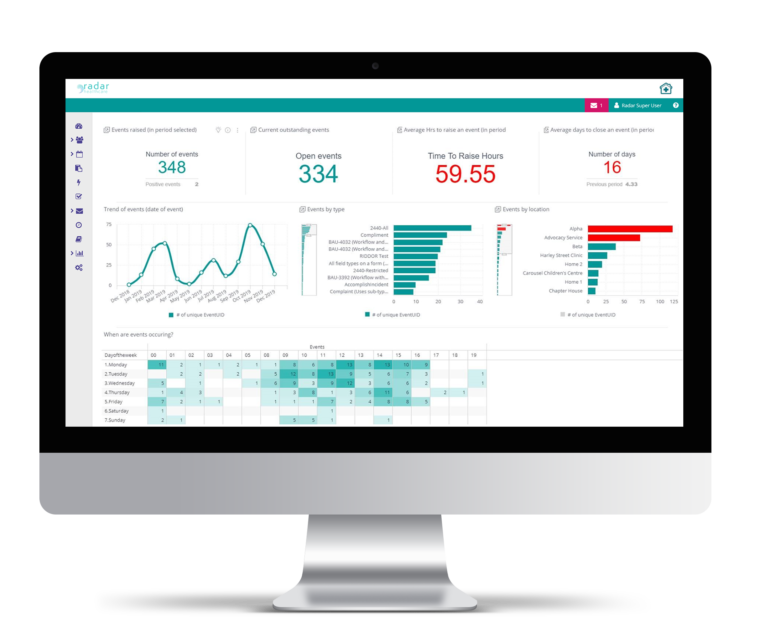
"Radar Healthcare has saved us 4 hours every month on clinical audits, with the added benefit of no admin help being required, meaning we can focus more time on providing care."

Key Areas of Impact
Patient Safety: By providing advanced tools for risk management and real-time analytics, Radar Healthcare helps prevent adverse events and enhance patient safety.
Patient Experience: Our feedback and engagement tools ensure that patient perspectives are integrated into care practices, improving overall satisfaction.
Operational Effectiveness: Streamline workflows, optimize resource allocation, and enhance efficiency with intelligent automation and performance monitoring.
Learning and Development: Support continuous learning and professional development through customized training programs and competency assessments.
Accountability and Transparency: Centralised governance frameworks and automated reporting ensure compliance and foster a culture of transparency and accountability.
Leadership and Culture: Enhance strategic decision-making and collaboration with advanced tools and insights.
Clinical Governance FAQs
Clinical governance is a framework designed to ensure high standards in healthcare delivery, focusing on quality improvement, patient safety, and effective management.
The 7 pillars provide a comprehensive approach to improving and maintaining the quality of patient care, ensuring that all aspects of healthcare delivery are covered and continuously improved.
Radar Healthcare offers integrated solutions that address each of the 7 pillars, providing tools for risk management, audit processes, staff compliance, incident reporting, and more, to enhance overall healthcare quality and safety.
We’ve gone from a very huge paper-based care governance committee report to a point where the first part of every meeting is me putting up Radar Healthcare on the screen and going through the last quarter – that’s been really helpful.
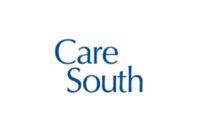
Conclusion
Effective clinical governance is crucial for delivering high-quality, safe, and efficient healthcare. Radar Healthcare’s solutions perfectly align with the 7 pillars of clinical governance, providing comprehensive tools to support continuous improvement and excellence in patient care.
Book demo
